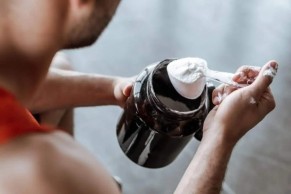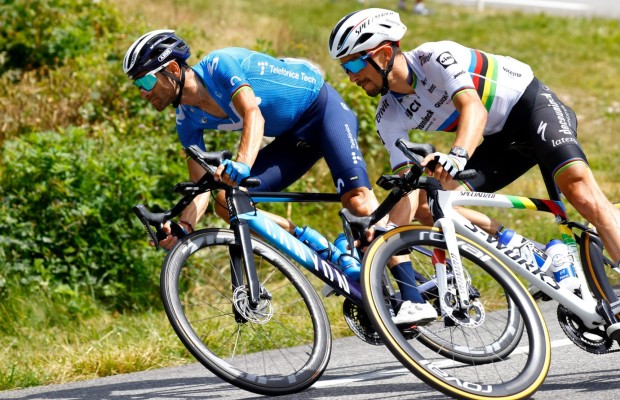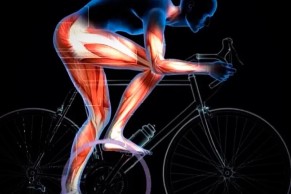Benefits of collagen in cyclists
Collagen is one of the proteins with the greatest presence in the human body playing an important structural role as part of the connective tissue as well as in skin and tendons, to which it provides elasticity, as well as in cartilage to which it adds the necessary resistance to the pressure received by the joints. Adding it as a supplement can bring interesting benefits to the cyclist.

Avoid aches and pains and improve your mobility thanks to collagen
Among the multitude of supplements that can be found in the sports nutrition market, collagen is one of the most commonly used by those who suffer from joint pain. However, the properties of collagen go beyond preserving the health of our cartilage, making its use very interesting for cyclists.
Collagen is responsible for providing elasticity to tendons and skin. In a sport like cycling, where we spend many hours with our skin exposed to the sun and wind, it ages at a much faster rate, so collagen will help to keep it in the best possible conditions.
RECOMENDADO

Change wheels if you want to transform your bike's behavior

What bike size do you need? Here's how to find out

How does age affect performance and recovery?

How long cyclists can be pushed when handed a sticky bottle?

10 tips for safer and faster downhills on road bikes

The best gravel groupsets of the moment

As far as muscles and tendons are concerned, when we train we are subjecting the body to a destructive process. The subsequent recovery and reconstruction of the tissues is what makes them stronger in the face of new 'aggressions', improving their capacities and, therefore, our shape. Proteins and especially collagen are the bricks that the body uses in this reconstruction so a correct supply of collagen, either through our diet or supplementation will help maintain muscles and tendons in the best conditions and to make the post-exertion recovery faster.
When it comes to having the necessary collagen in our body, we must take into account that with age, its degradation accelerates, so we have several strategies to have the necessary collagen.

On the one hand, the consumption of foods high in protein is essential for the body to produce its own collagen, a process that requires the presence of B vitamins, vitamin C and other micronutrients such as copper or zinc, which must be provided by the diet. In addition, we should avoid as far as possible nutrients that enhance collagen degradation, such as sugars.
The contribution of collagen as a supplement is not free of certain controversy since, being a large protein, its absorption is complicated and only a small part of it is assimilated. However, food technology has created types of collagen such as hydrolyzed collagen that are much more easily absorbed and which are usually present in the supplements available on the market.

Although, as always, we should be able to provide the necessary nutrients, including collagen, preferably through diet rather than by resorting to supplements. In fact, before resorting to a collagen supplement we should make sure that we are not deficient in the nutrients and vitamins that the body uses to synthesize it and that may be the root of the problem.
Existing studies on the use of collagen as a supplement do seem to point to a decrease in joint pain and improved strength. However, much more research is still needed to obtain conclusive data about the real effectiveness of these supplements. In any case, it is important to provide our body with the right amount of nutrients so that it can produce the necessary collagen to help our muscles, tendons and joints withstand all that we ask of them when we start pedaling.